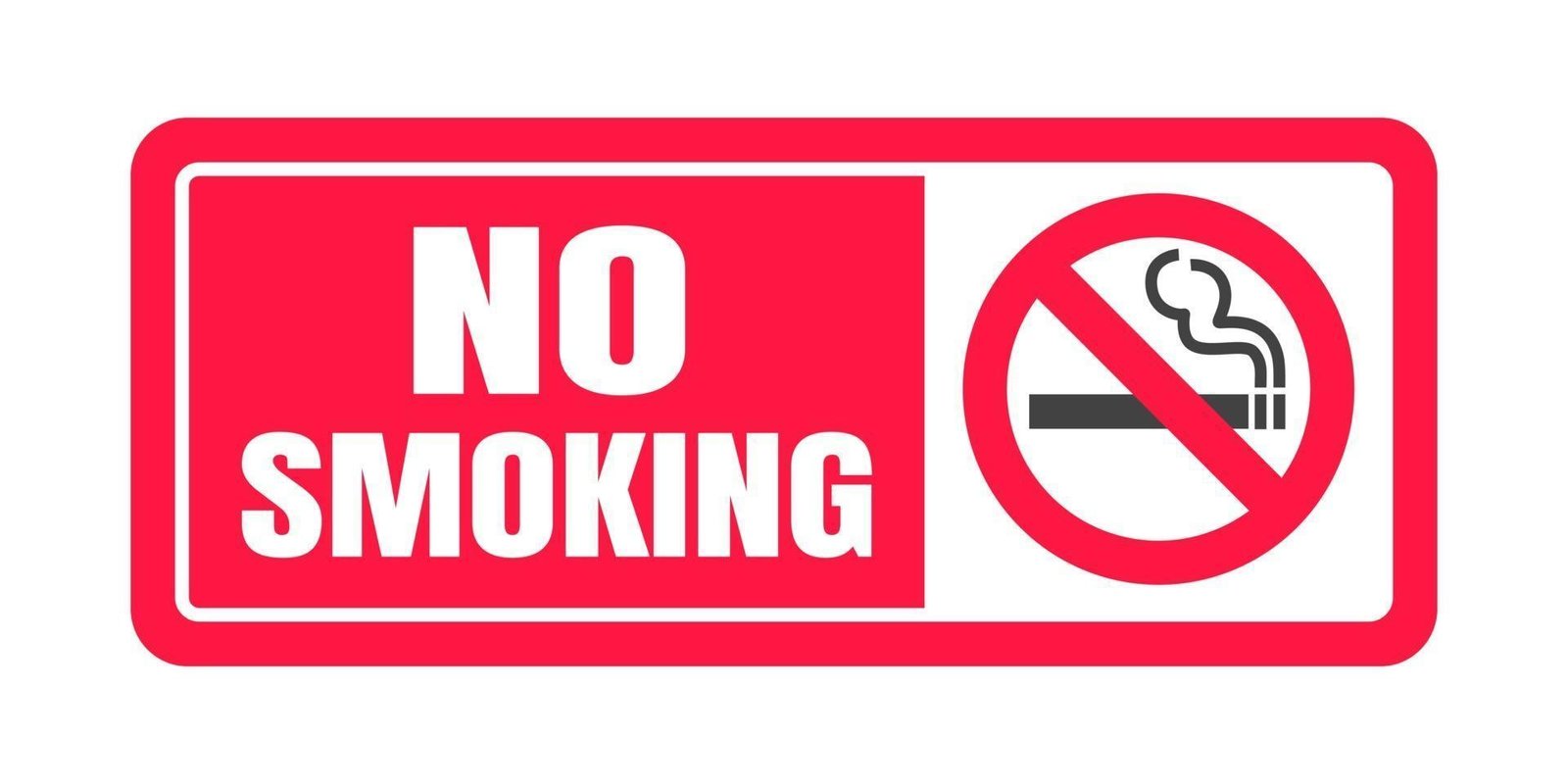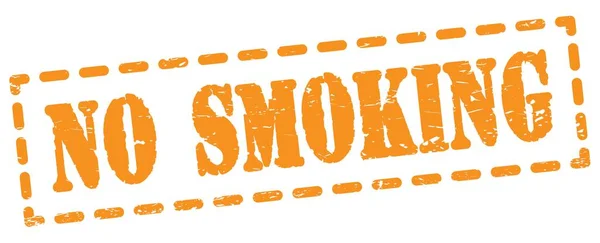Quitting smoking can be challenging, but it’s possible with the right approach and support. Here are some steps you can take to help you stop smoking:
- Set a Quit Date: Choose a selected date to cease smoking. This offers you time to put yourself together mentally and emotionally.
- Identify triggers: Pay attention to when and why you smoke. Is it after meals, when you’re stressed, or during social situations? Identifying your triggers can help you develop strategies to cope without cigarettes.
- Find Support: Let your friends, family, and coworkers know that you’re quitting smoking. Having a support system can make a big difference. You might also consider joining a support group or seeking professional help.
- Consider Nicotine Replacement Therapy (NRT): Nicotine replacement products such as patches, gum, lozenges, or nasal sprays can help reduce withdrawal symptoms and cravings.
- Prescription Medications: There are prescription medications available that can help reduce cravings and withdrawal symptoms. Talk to your healthcare provider to see if these are right for you.
What can help with giving up smoking?
Giving up smoking can be challenging, but several strategies and resources can help make the process easier:
- Nicotine Replacement Therapy (NRT): Products such as nicotine patches, gum, lozenges, and inhalers deliver nicotine to your body without the harmful chemicals found in cigarettes. NRT can help reduce withdrawal symptoms and cravings as you quit smoking.
- Prescription Medications: There are prescription medications available, such as varenicline (Chantix) and bupropion (Zyban), that can help reduce cravings and withdrawal symptoms. These medications work by targeting the nicotine receptors in your brain.
- Support Groups: Joining a support group or attending counseling sessions can provide you with encouragement, advice, and coping strategies from others who are going through similar experiences.
- Behavioral Therapy: Cognitive-behavioral therapy (CBT) and other forms of counseling can help you identify and change the behaviors and thought patterns that contribute to your smoking habit.
- Mobile Apps and Online Resources: There are many smartphone apps and online resources available to help you quit smoking. These tools often provide tracking features, tips, motivation, and support to help you stay on track.
What’s the best way to stop smoking?
The best way to stop smoking varies from person to person, as what works for one individual may not work for another. However, here are some strategies that have been effective for many people:
- Set a Quit Date: Choose a specific date to quit smoking and mentally prepare yourself for it. Having a clear target can increase your commitment to quitting.
- Seek Support: Tell your friends, family, and coworkers about your decision to quit smoking. Their encouragement and support can make a big difference. You might also consider joining a support group or seeking counseling from a healthcare professional.
- Consider Nicotine Replacement Therapy (NRT): Nicotine replacement products such as patches, gum, lozenges, or nasal sprays can help reduce withdrawal symptoms and cravings. These products deliver nicotine to your body without the harmful chemicals found in cigarettes.
- Prescription Medications: Talk to your healthcare provider about prescription medications that can help reduce cravings and withdrawal symptoms. Options include varenicline (Chantix) and bupropion (Zyban).
- Practice Stress Management: Find healthy ways to cope with stress, such as exercise, meditation, deep breathing, or engaging in hobbies and activities you enjoy.
- Avoid Triggers: Identify situations, activities, or emotions that trigger the urge to smoke and develop strategies to avoid or cope with them. This might involve making changes to your routines or avoiding places where smoking is allowed.
- Stay Busy: Keep yourself occupied with activities that keep your hands and mind busy, such as exercise, hobbies, or socializing with non-smokers.
- Reward Yourself: Celebrate your milestones along the way, whether it’s a day, a week, or a month without smoking. Treat yourself to something special as a reward for your progress.
- Be Patient and Persistent: Quitting smoking is a process, and it’s normal to have setbacks along the way. If you slip up, don’t be too hard on yourself. Learn from the experience and recommit to your goal of quitting.
- Personalize Your Approach: Experiment with different strategies to find what works best for you. It may take some trial and error, but finding the right combination of techniques can increase your chances of success.
Ultimately, quitting smoking is a journey, and it’s important to be patient, persistent, and kind to yourself throughout the process. If you’re struggling, don’t hesitate to reach out for help and support.
Internal link: ragdi.com








